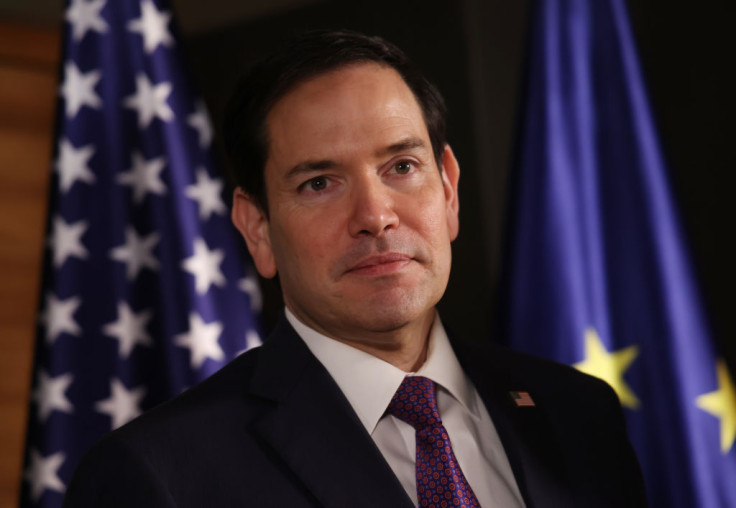
Secretary of State Marco Rubio has reaffirmed the United States' commitment to Guyana's security as tensions with Venezuela have continued to escalate over the disputed Essequibo region. Rubio signed a memorandum of understanding to enhance security cooperation between the two nations during a visit to Georgetown.
Rubio's visit to Guyana follows discussions with Caribbean leaders in Jamaica as part of the Trump administration's broader efforts to bolster energy independence in the region and counter illicit activities such as drug trafficking and gang violence. After his brief stop in Georgetown, Rubio proceeded to Suriname, another South American country seeing a surge in oil production.
The rapid expansion of Guyana's oil industry has heightened its strategic importance to the U.S., particularly as the Trump administration seeks to reduce regional reliance on Venezuelan energy exports. Guyana is poised to become the world's largest oil producer on a per capita basis, surpassing Qatar and Kuwait, as France24 reports. In fact, ExxonMobil, leading oil development in the country, projects that Guyana will produce approximately 1.3 million barrels per day by the end of the decade.
The longstanding territorial dispute between Guyana and Venezuela over Essequibo is also set to play an important role in the Trump administration's regional strategy.
Earlier in March, Guyana accused a Venezuelan military vessel of encroaching on its waters near offshore oil fields operated by ExxonMobil, Hess Corp., and China's CNOOC. Venezuela denied violating Guyanese sovereignty. Guyana maintains that the border was established by an 1899 arbitration ruling, while Venezuela continues to assert historical claims to the region.
The authoritarian government of Nicolas Maduro, in turn, has accused Guyana of adopting a hostile stance and aligning with the U.S. against Venezuela. Tensions have been exacerbated by reports of Venezuelan soldiers engaging in armed confrontations near the border and holding political assemblies in the Essequibo. The Venezuelan parliament has even moved forward with efforts to declare Essequibo as Venezuela's 24th state.
Maduro has recently called for direct talks with Guyanese President Irfaan Ali to resolve the dispute, an offer Ali has rejected. Instead, Guyana has sought international intervention, recently petitioning the International Court of Justice (ICJ) to prevent Venezuela from holding elections in the disputed territory.
As Guyana prepares for elections later this year, Ali has strengthened defense ties with the U.S., including conducting joint maritime patrols. The Trump administration has likened its approach to Guyana's security to its partnerships with Gulf Arab nations, underscoring the strategic importance of ensuring stability in the oil-rich region.
© 2025 Latin Times. All rights reserved. Do not reproduce without permission.









